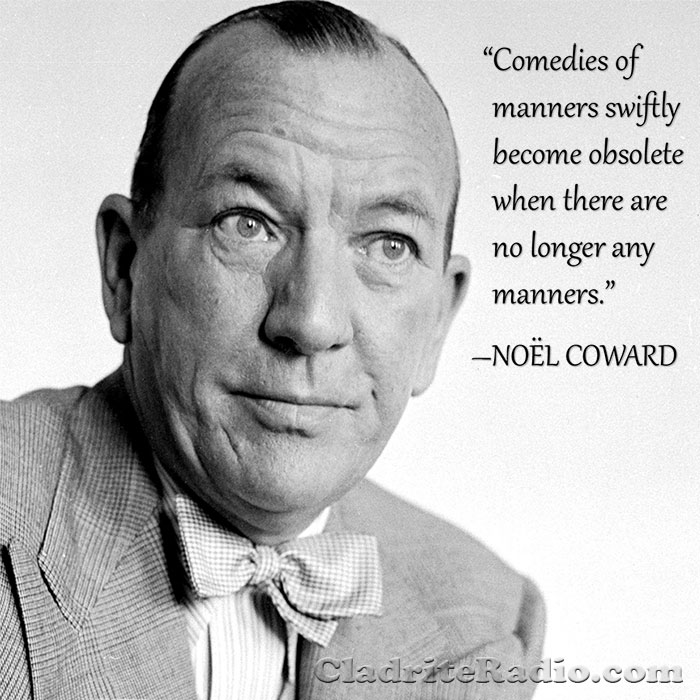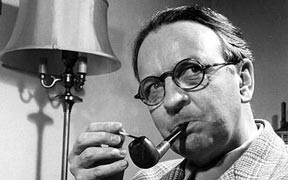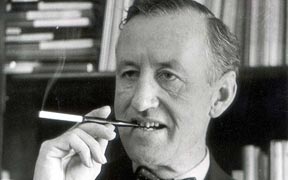Sir Noël Coward was born 117 years ago today in Teddington, a suburb of London. He gained fame as a playwright, director, composer, singer, actor and wit. Here are 10 NC Did-You-Knows:
- Coward’s father was a piano salesman of limited ambition, so Noël grew up in modest circumstances. He took to performing early, performing on an amateur basis at the age of seven.
- Coward’s mother chose his first name because he was born so close to Christmas.
- Coward’s mother sent him to a dance academy in London, and Coward made his professional debut at age 11 in a children’s play called The Goldfish. Within months, he was appearing in Where the Rainbow Ends at the Garrick Theatre in London’s West End.
- At 14, he became the protege of society painter Philip Streatfeild, and when Streatfield died, his friend, wealthy socialite Mrs. Astley Cooper, took Coward under her wing and helped to promote his career.
- Coward was drafted to serve in the Army during World War I, but was considered likely to contract tuberculosis and was given a medical discharge after nine months. Thereafter he began writing and selling short stories to help support his family and he made his initial stabs at writing plays—first in conjunction with other playwrights and finally, in 1918, completing his first solo effort, The Rat Trap.
- In 1920, Coward wrote and starred in the light comedy I’ll Leave It to You. It debuted in Manchester before opening in the West End at the New Theatre (renamed the Noël Coward Theatre in 2006).
- In 1921, Coward traveled for the first time to the United States, hoping to interest New York producers in his plays. He had little luck initially, but was greatly influenced by the shows he attended on Broadway. He tried to bring some of the youthful verve those shows exhibited to his own plays, and he made a success of it.
- Coward wrote dozens of works for the theatre, amassed more than 100 writing credits in movies and television, and composed more than 300 songs.
- Coward, a friend and neighbor of author Ian Fleming, was offered the title role in the James Bond film Dr. No (1962). His response: “No, no, no, a thousand times no!” That same year, he was also offered (but declined) the role of Humbert in Lolita.
- During World War II, while Coward toured extensively to entertain the troops, he was also secretly working for British intelligence.
Happy birthday, Noël Coward, wherever you may be!



